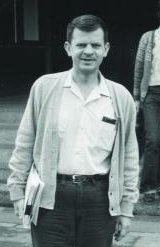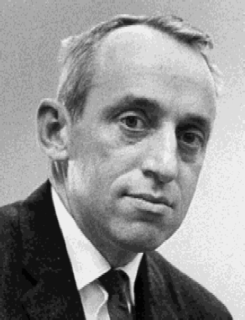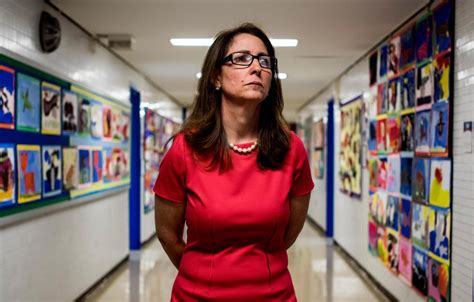A Quote by Jim Peebles
I have taught a mixture of undergraduate and graduate courses, and found them both stimulating.
Quote Topics
Related Quotes
Shiv Nadar University has five schools with 16 departments offering 14 undergraduate, 10 master's and 13 doctoral programmes. The demand for engineering courses - computer science, engineering, electronics, communication engineering, mechanical engineering - is slightly on the higher side compared to other engineering courses.
When I was in graduate school in Princeton, I was told to take three courses. One of them to work on really hard, another to work on moderately hard, and the third one just to absorb. In my case, I never showed up to the latter class, taught by Robert Gunning, on Several Complex Variables. Several Complex Variables (Cn) was starting to get vary fashionable then, but I decided to specialize in n=1/2.
The thing that's depressing is teaching graduate students today and discovering that they don't know simple elemental facts of grammar. They really do not know how to scan a line; they've never been taught to scan a line. Many of them don't know the difference between 'lie' and 'lay,' let alone 'its' and 'it's.' And they're in graduate school!




































